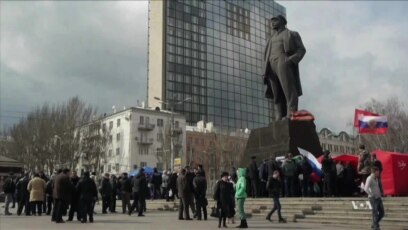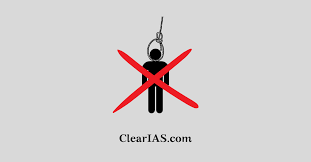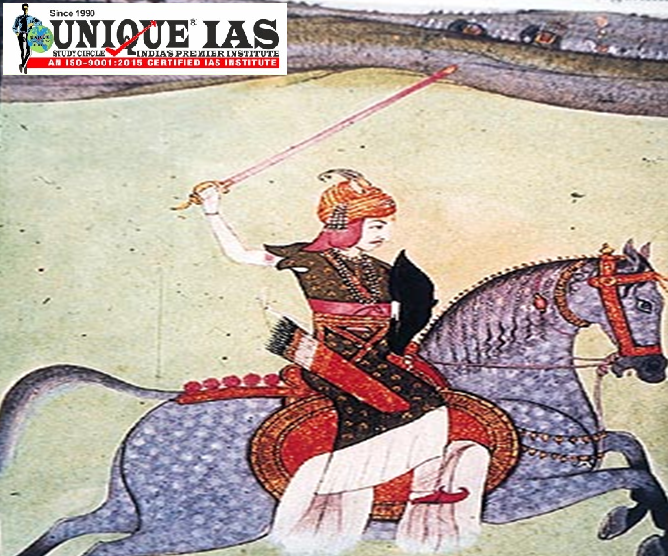UKRAINE & EUROCENTRISM
Why in news? – India’s abstention from US sponsored UNSC Resolutions to deplore Russia’s aggression against Ukraine.
What is the conflict? - As part of the Soviet Union, Ukraine was the second-most powerful Soviet republic after Russia, and was crucial strategically, economically and culturally. The balance of power in the region, Ukraine being a crucial buffer between Russia and the West, Ukraine’s bid for NATO membership and Russian interests in the Black Sea accompanied by the protests in the Ukraine are the major causes of the ongoing conflict.
Current Scenario:
- The conflict is now the largest attack by one state on another in Europe since the Second World War, and the first since the Balkan conflict in the 1990s.
- With the invasion of Ukraine, agreements like the Minsk Protocols of 2014, and the Russia-NATO Act of 1997 stand all but voided.
- The G7 nations strongly condemned Russia’s invasion of Ukraine.
- G20 foreign ministers called for an end to the war and grain blockade in Ukraine.
- Sanctions have been imposed by the S., the European Union (EU), the UK, Australia, Canada and Japan.
How India responded? - India did not join the Western powers’ condemnation of Russia’s intervention in Crimea and kept a low profile on the issue.
India abstained on a US-sponsored UNSC resolution that “deplores in the strongest terms” Russia’s “aggression” against Ukraine, with India saying dialogue is the only answer to settling differences and disputes and voicing “regret” that the path of diplomacy was given up.
Impact of Ukraine war:
- Tilting the current global balance: The political and military aftermath of this could potentially tilt the current global balance and take us back to Eurocentric world order, albeit far less powerful and dominating than its earlier avatars.
- Trans-Atlantic security.
- Disinterested US: The United States, fatigued from the Iraq and Afghan wars, does not appear to be keen on another round of wars and military engagements.
- From pacifism to militarism: A shift in narrative from pacifism to insecurity induced militarism, which could shape the international system.
- Renewal of NATO and EU: A pervasive sense of “existential insecurity” has brought about a renewed enthusiasm about the future of the European Union and the North Atlantic Treaty Organization (NATO).
Euro-centrism: A worldview that is centered on Western civilization or a biased view that favors it over non-Western civilizations.The exact scope of Euro-centrism varies from the entire Western world to just the continent of Europe or even more narrowly, to Western Europe (especially during the Cold War).




.jpg)
.jpg)
.jpg)
.jpg)
.jpg)


.jpg)
.jpg)

